I’ve been thinking a lot about how obesity and anxiety might be best friends in the worst way possible. As someone who’s trying to live a more natural lifestyle, I find it downright fascinating (and honestly a bit unsettling) that something as physical as excess weight could potentially send our minds into a tailspin of anxiety symptoms.
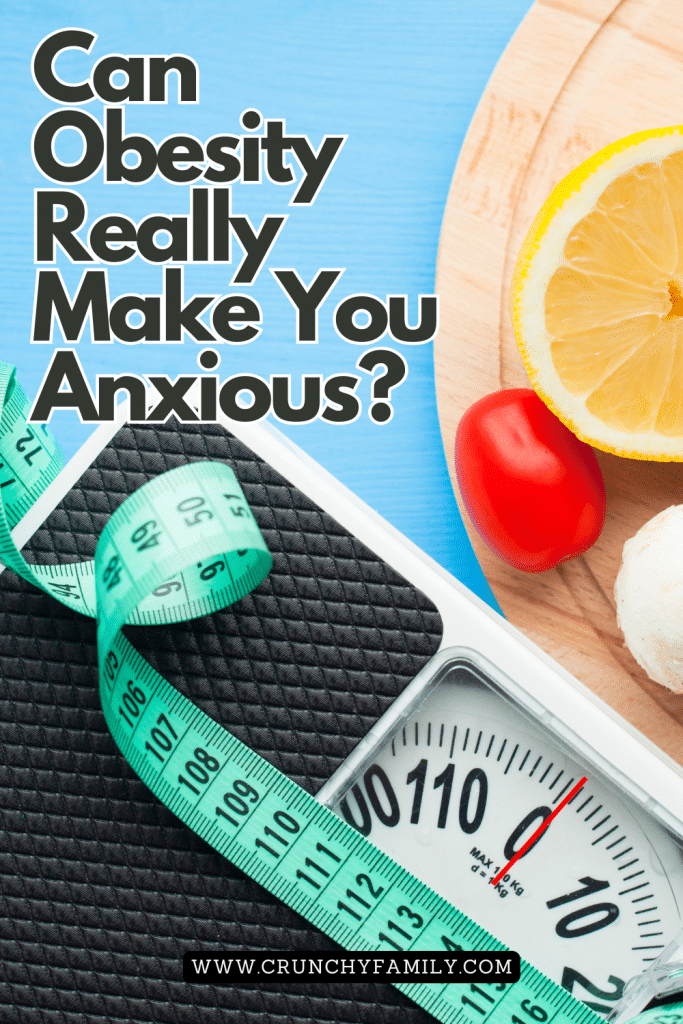
And yes, I get it, this topic can be a little controversial. Some people see the link between weight gain and mental health issues as clear as day, while others roll their eyes and say it’s just another excuse to shame people for their body weight.
So let’s unpack this together with curiosity and maybe a sprinkle of healthy skepticism!
What Does the Science Say?
A systematic review of previous studies and previous research suggests that obesity might not just be a problem for your physical health, it could also be a major player in your mental health game. Think about it: obesity is linked to heart disease, chronic disease, and even chronic pain. But what about anxiety-like behaviors?
The connection is real, according to some mental health professionals and healthcare providers. In fact, obese individuals in the general population have a higher risk of experiencing anxiety symptoms and depressive symptoms compared to those with a normal weight.
Some even show signs of panic disorder, social phobia, and obsessive-compulsive disorder, a whole buffet of mental health disorders that are about as fun as a trip to the dentist.
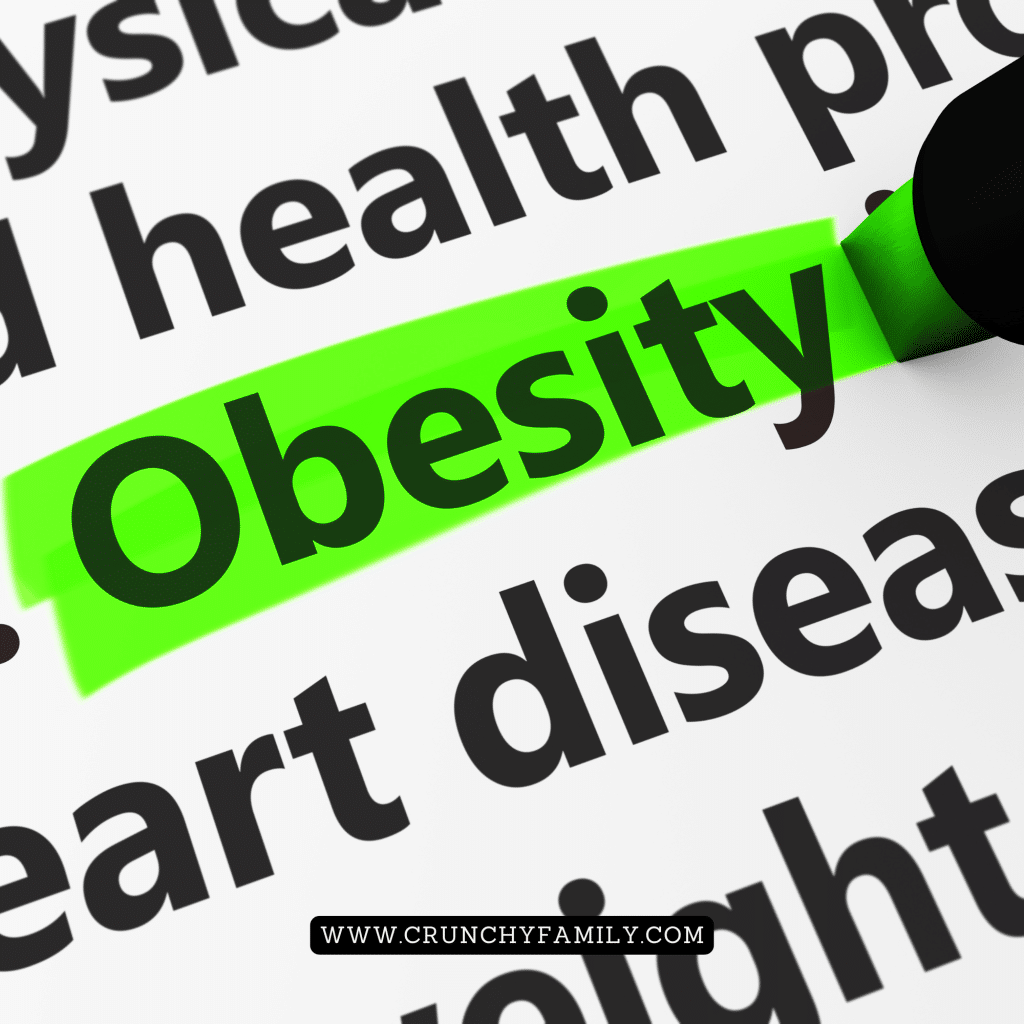
But let’s not forget: this doesn’t mean obesity causes these mental health challenges directly. It might be that social stigma, low self-esteem, or even physical discomfort from carrying extra weight plays a huge part in these feelings.
And let’s be honest: societal pressures about what a “healthy weight” should look like definitely add fuel to the fire.
Why This Feels Personal
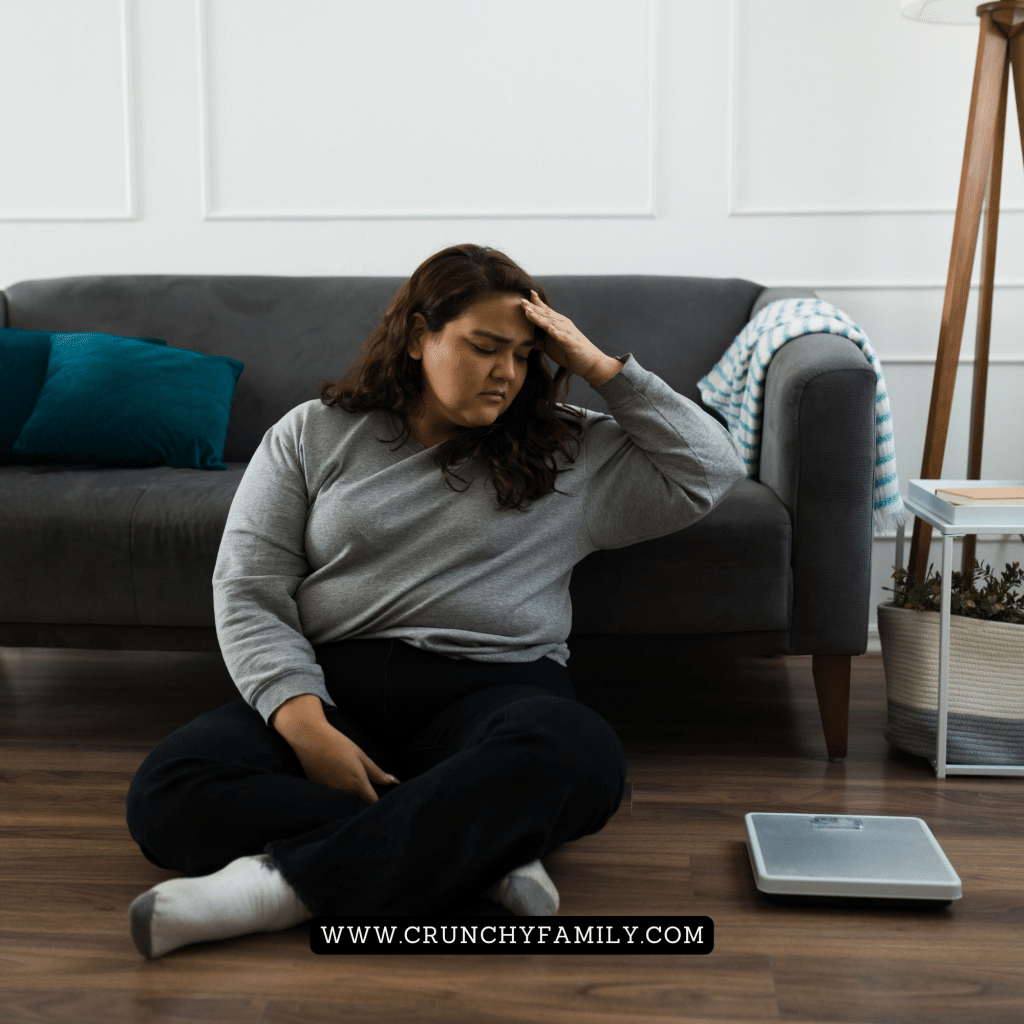
Here’s where it gets a bit spicy. Because let’s face it, talking about obesity as a risk factor for psychological disorders sometimes feels like blaming people for their weight. And that’s just plain wrong. Many folks who struggle with excess weight have already heard it all from healthcare professionals: “Just lose weight and you’ll feel better!” But real life isn’t that simple, is it?
We’re dealing with emotional eating as a coping mechanism, social isolation because of social pressure, and even stress hormones that go haywire when we’re under constant judgment.
So while there’s some truth to the fact that obesity can increase your risk of anxiety, it’s also true that the endless cycle of shame and blame might be what’s really messing with our brain function and mental health.
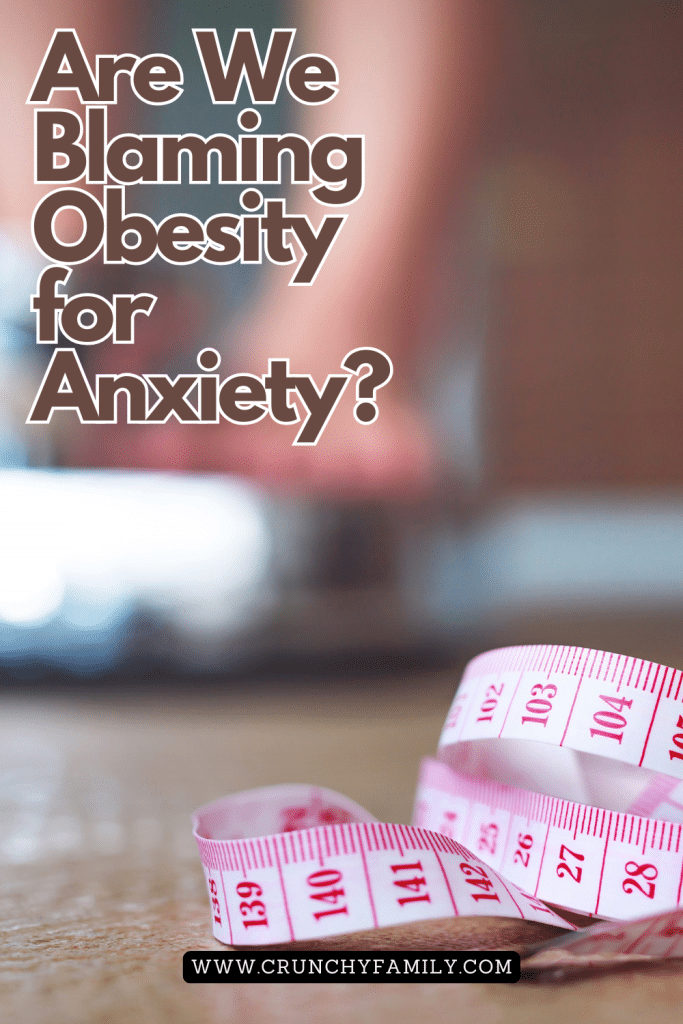
What’s Going on in Our Bodies and Brains?
One fascinating thing I learned is that in mouse model experiments (yes, even male mice), diet-induced obesity and a high-fat diet can actually alter brain function and gut microbiome, which might trigger more anxiety-like behaviors. It’s a lot to chew on…pun intended!
For us humans, the potential impact of obesity on the gut microbiome could be a big part of the puzzle. A low-fat diet or other weight loss programs might help, but only if they’re done in a supportive way that nurtures both physical activity and emotional health.
Because bariatric surgery or punishing exercise plans that ignore the emotional side? They’re just more stress.
Why It Matters
The important role of understanding the complex relationship between obesity and anxiety goes way beyond numbers on a body mass index chart. It’s about quality of life.
It’s about fighting for mental health care that respects the whole person. It’s about refusing to let social interactions and societal pressures keep us trapped in shame.
So, Can Obesity Cause Anxiety?

Here’s the bottom line: obesity treatment is not just about numbers on a scale. It’s about recognizing that mental health challenges and physical challenges often walk hand in hand.
Yes, obese individuals do show a higher risk of anxiety levels, panic attacks, and even specific phobia. But let’s not pretend it’s as simple as “just lose weight and be happy.”
Healthcare providers and mental health professionals need to start treating this as a whole-body, whole-life issue, not a personal failure.
In the end, the link between obesity and anxiety is a lot like a tangled ball of yarn, complex, messy, and often frustrating. But if we start looking at it with more compassion and less judgment, maybe we’ll find better treatment options that honor the full human experience.
Because no one should have to choose between mental health and physical health, they’re two sides of the same coin. Let’s keep that conversation going.
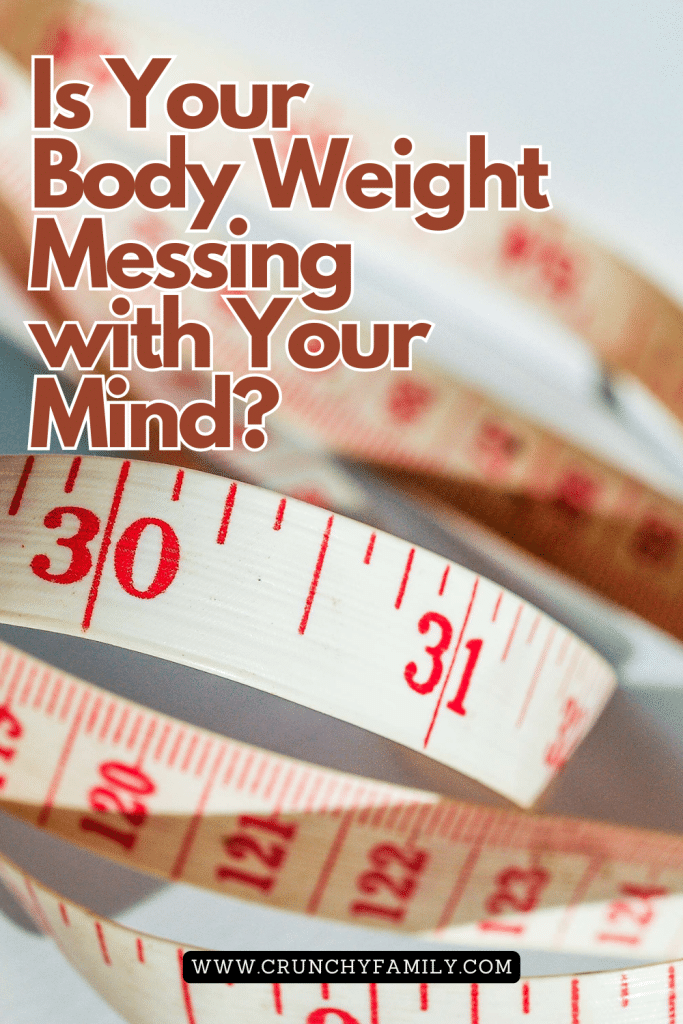
More related reads: